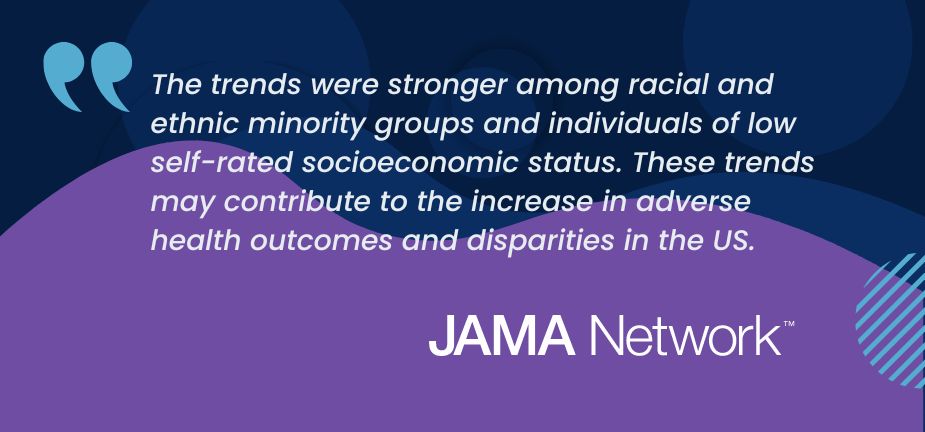GP and women’s health expert Associate Professor Magdalena Simonis AM has warned early onset menstruation in Australia is occurring as early as Grade 2 or 3, 8–11 years old, for some girls, which she says is causing a lag in current education efforts, which is typically provided in Years 5 and 6 in Australia.
“A delay in education could leave many girls unprepared for the physical and emotional changes of puberty, potentially exacerbating feelings of confusion and distress,” Associate Professor Simonis said.
“We need a concerted effort to provide comprehensive and age-appropriate education about menstruation earlier in primary school, coupled with efforts to remove the stigma surrounding it.”
The comments follow a Harvard University study which found early or very early menstruation for girls has nearly doubled over five decades in the US.
“Healthcare professionals, particularly GPs, can play a vital role in advocating for improved education and supporting young patients and their families through this important developmental stage,” Associate Professor Magda Simonis said.
“Early onset menstruation can be problematic as girls are often not aware of what’s happening to their bodies. Parents often don’t talk to their children about puberty in early childhood and schools provide basic education when children are older.”
The increase in body mass index or childhood obesity due to dietary choices and children spending more time on computers and games is considered an important factor.
Read the full article at Jama Network >>
Associate Professor Magdalena Simonis AM is a Past President of the AFMW (2020-2023), former President of VMWS (2013 & 2017-2020) and current AFMW National Coordinator (2024-2026). She is a full time clinician who also holds positions on several not for profit organisations, driven by her passion for bridging gaps across the health sector. She is a leading women’s health expert, keynote speaker, climate change and gender equity advocate and government advisor. Magda is member of The Australian Health Team contributing monthly articles.
Magdalena was awarded a lifetime membership of the RACGP for her contributions which include past chair of Women in General Practice, longstanding contribution to the RACGP Expert Committee Quality Care, the RACGP eHealth Expert Committee. She is regularly invited to comment on primary care research though mainstream and medical media and contributes articles on various health issues through newsGP and other publications.
Magdalena has represented the RACGP at senate enquiries and has worked on several National Health Framework reviews. She is author of the RACGP Guide on Female Genital Cosmetic Surgery and co-reviewer of the RACGP Red Book Women’s Health Chapter, and reviewer of the RACGP White book
Both an RACGP examiner and University examiner, she undertakes general practice research and is a GP Educator with the Safer Families Centre of Research Excellence, which develops education tools to assist the primary care sector identify, respond to and manage family violence . Roles outside of RACGP include the Strategy and Policy Committee for Breast Cancer Network Australia, Board Director of the Melbourne University Teaching Health Clinics and the elected GP representative to the AMA Federal Council. In 2022. she was award the AMA (Vic) Patrick Pritzwald-Steggman Award 2022, which celebrates a doctor who has made an exceptional contribution to the wellbeing of their colleagues and the community and was listed as Women’s Agenda 2022 finalist for Emerging Leader in Health.
Magdalena has presented at the United Nations as part of the Australian Assembly and was appointed the Australian representative to the World Health Organisation, World Assembly on COVID 19, by the Medical Women’s International Association (MWIA) in 2021. In 2023, A/Professor Simonis was included on the King’s COVID-19 Champion’s list and was also awarded a Member (AM) in the General Division for significant service to medicine through a range of roles and to women’s health.

